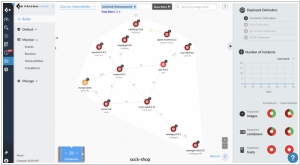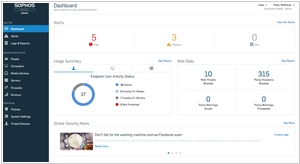Palo Alto Prisma vs Sophos
August 06, 2023 | Author: Michael Stromann
Palo Alto Prisma and Sophos are two prominent cybersecurity companies that offer comprehensive solutions, but with different areas of expertise. Palo Alto Prisma is known for its cloud security platform, which focuses on delivering security solutions for cloud-based environments and protecting cloud workloads. Prisma offers features such as workload protection, network security, and cloud access security brokerage (CASB) capabilities, providing organizations with robust security and visibility across their cloud infrastructure. On the other hand, Sophos excels in providing a wide range of cybersecurity solutions, including next-gen endpoint protection, firewall, encryption, email security, and more. Sophos' strength lies in offering a unified suite of security products, making it convenient for organizations to manage and deploy various security measures from a single platform.
See also: Top 10 XDR software
See also: Top 10 XDR software
Palo Alto Prisma vs Sophos in our news:
2023. Palo Alto has acquired secure browser Talon
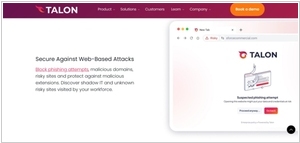
Palo Alto Networks has acquired Israely startup Talon Cyber Security for $625 million. Talon Cyber Security specializes in developing enterprise browsers tailored to secure distributed workforces. Their technology allows organizations to safeguard work-related activities without interfering with personal device usage or compromising user privacy. By integrating Talon's solutions with Prisma SASE, Palo Alto Networks aims to establish a secure connection for all users and devices, ensuring consistent security across various applications, including private ones, regardless of the user's identity or the device they use for work.
2023. Palo Alto Networks buys Dig Security for $400M
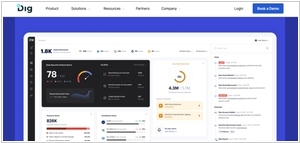
Palo Alto Networks has announced its acquisition of Dig, an Israeli startup specializing in data security posture management (DSPM). Dig's expertise lies in helping organizations comprehend the whereabouts of their assets across various cloud environments, aiding security teams in understanding data movement and identifying areas that require enhanced security measures in the event of a breach. Following the acquisition, Dig's tools will be integrated into Palo Alto Prisma, which is dedicated to cloud security. This integration aims to empower customers by providing effective management of security for their diverse data repositories in contemporary cloud applications, thereby minimizing the risk of data breaches.
2020. Palo Alto Networks to buy digital forensics consulting firm for $265M
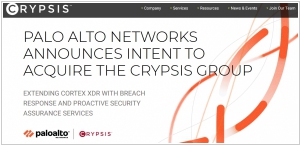
Security software provider Palo Alto Networks has recently completed the acquisition of The Crypsis Group, a reputable consulting firm specializing in incident response, risk management, and digital forensics. The acquisition comes with a significant price tag of $265 million. While Palo Alto Networks offers a range of tools aimed at preventing attacks, it is crucial to acknowledge that no set of tools can guarantee absolute security. The ongoing battle between companies like Palo Alto and attackers revolves around a cat-and-mouse game. Crypsis Group plays a vital role in post-breach analysis, helping identify the root causes of breaches and fortifying vulnerable areas to prevent future unauthorized access through specific weak points in the system's architecture.
2020. Palo Alto Networks to acquire CloudGenix for $420M
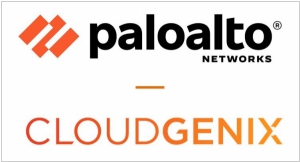
Palo Alto Networks has completed the acquisition of CloudGenix for a total of $420 million. CloudGenix specializes in providing a software-defined wide area network (SD-WAN) solution, enabling customers to enhance security by implementing policy enforcement to ensure compliance with company security protocols across various distributed locations. This capability proves particularly beneficial for organizations with numerous branch offices or a widely dispersed workforce, a scenario that has become increasingly prevalent as millions of individuals abruptly transition to remote work arrangements.

